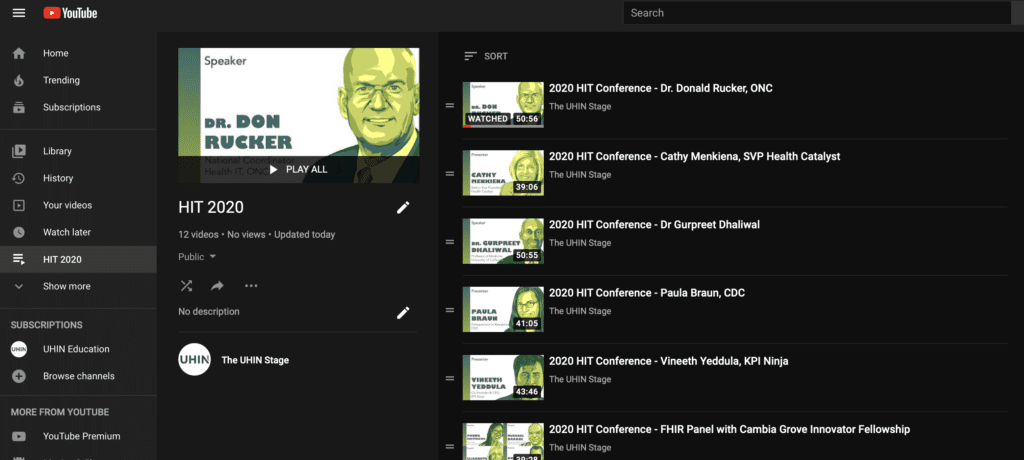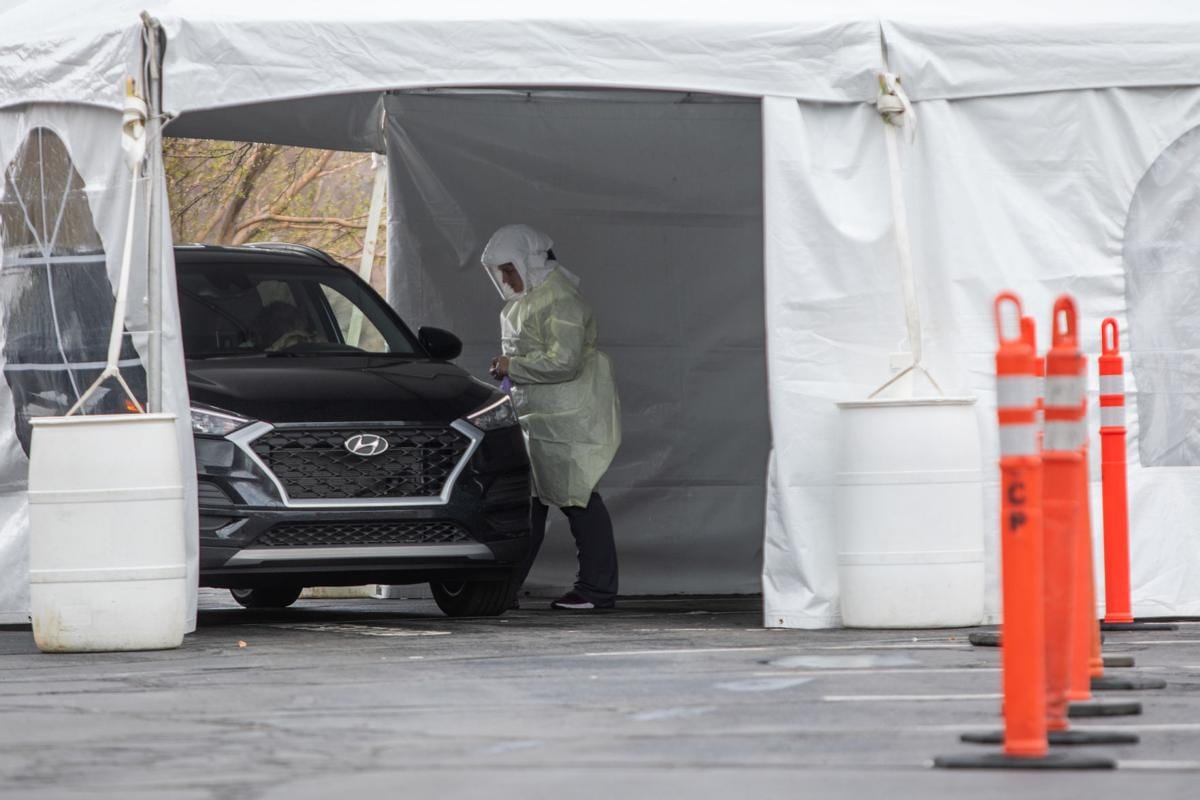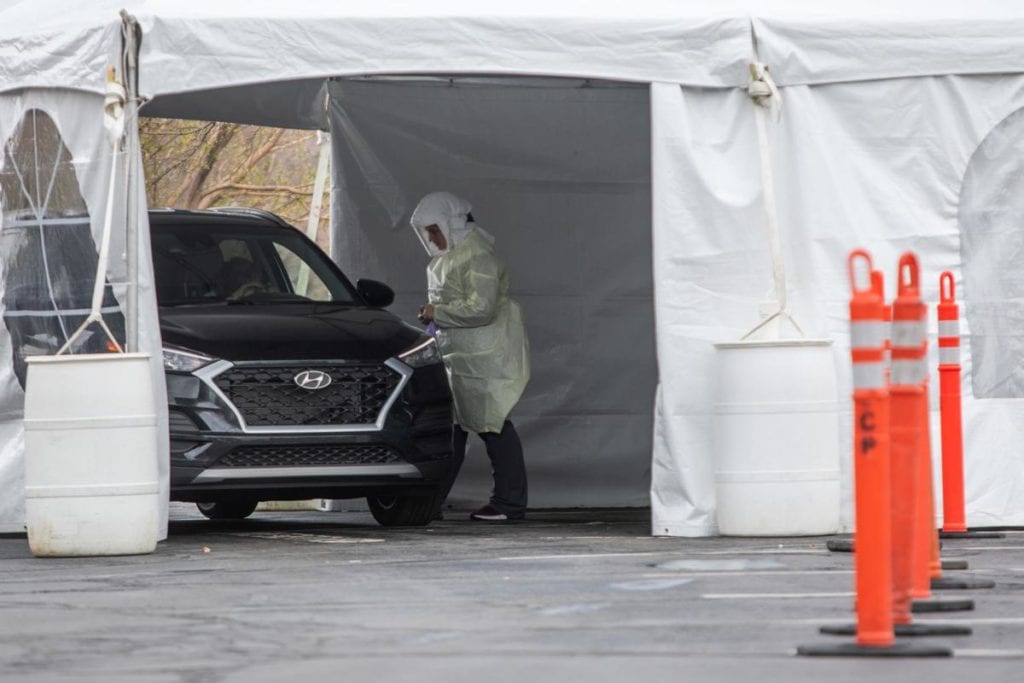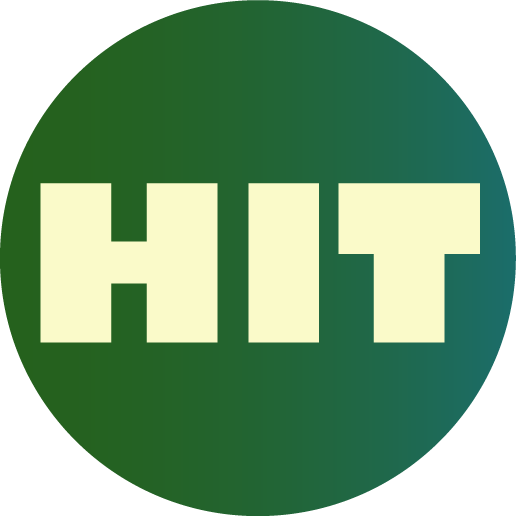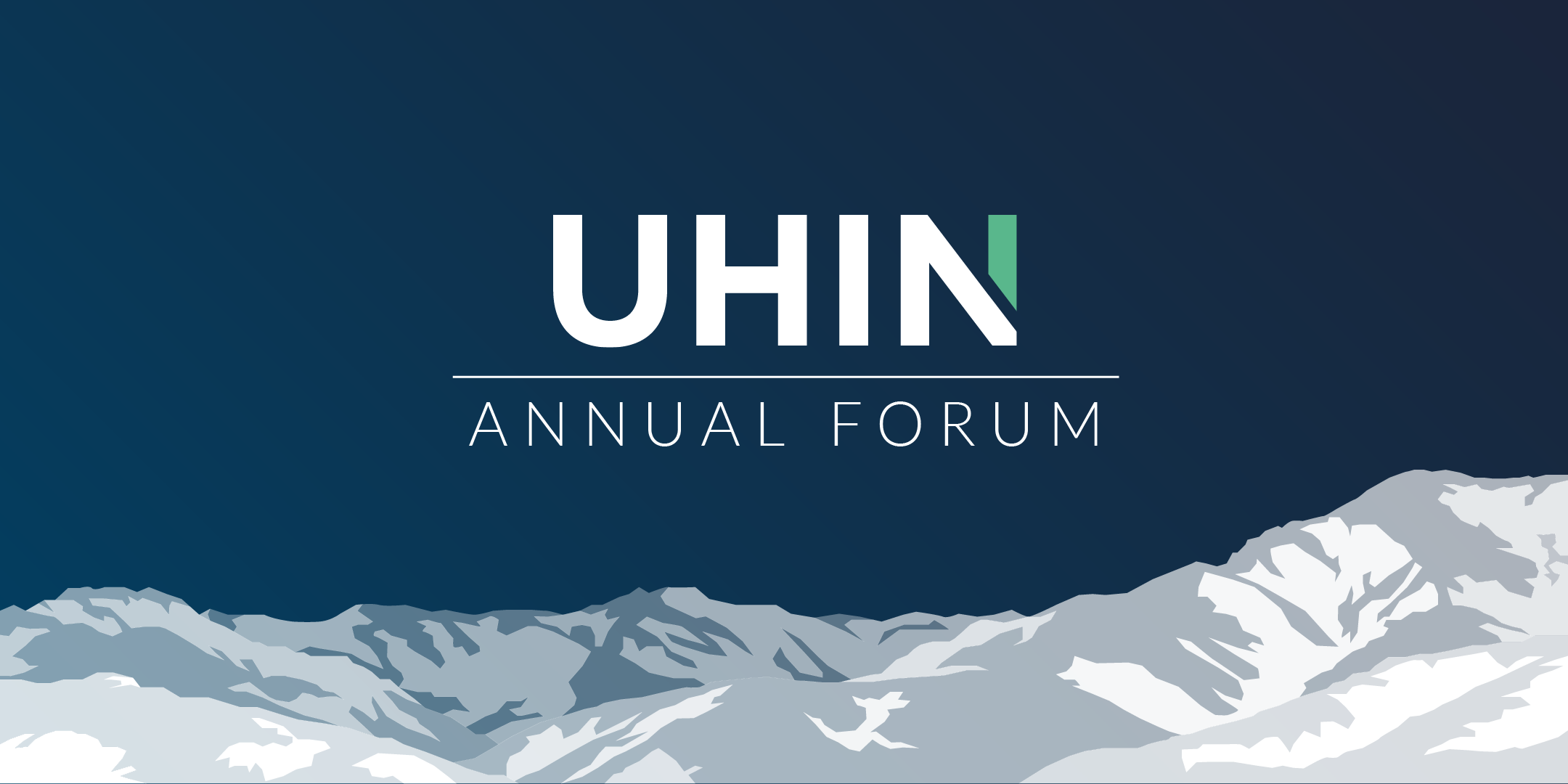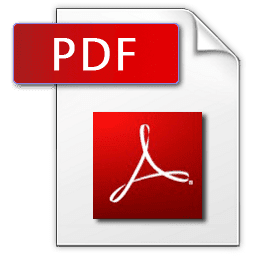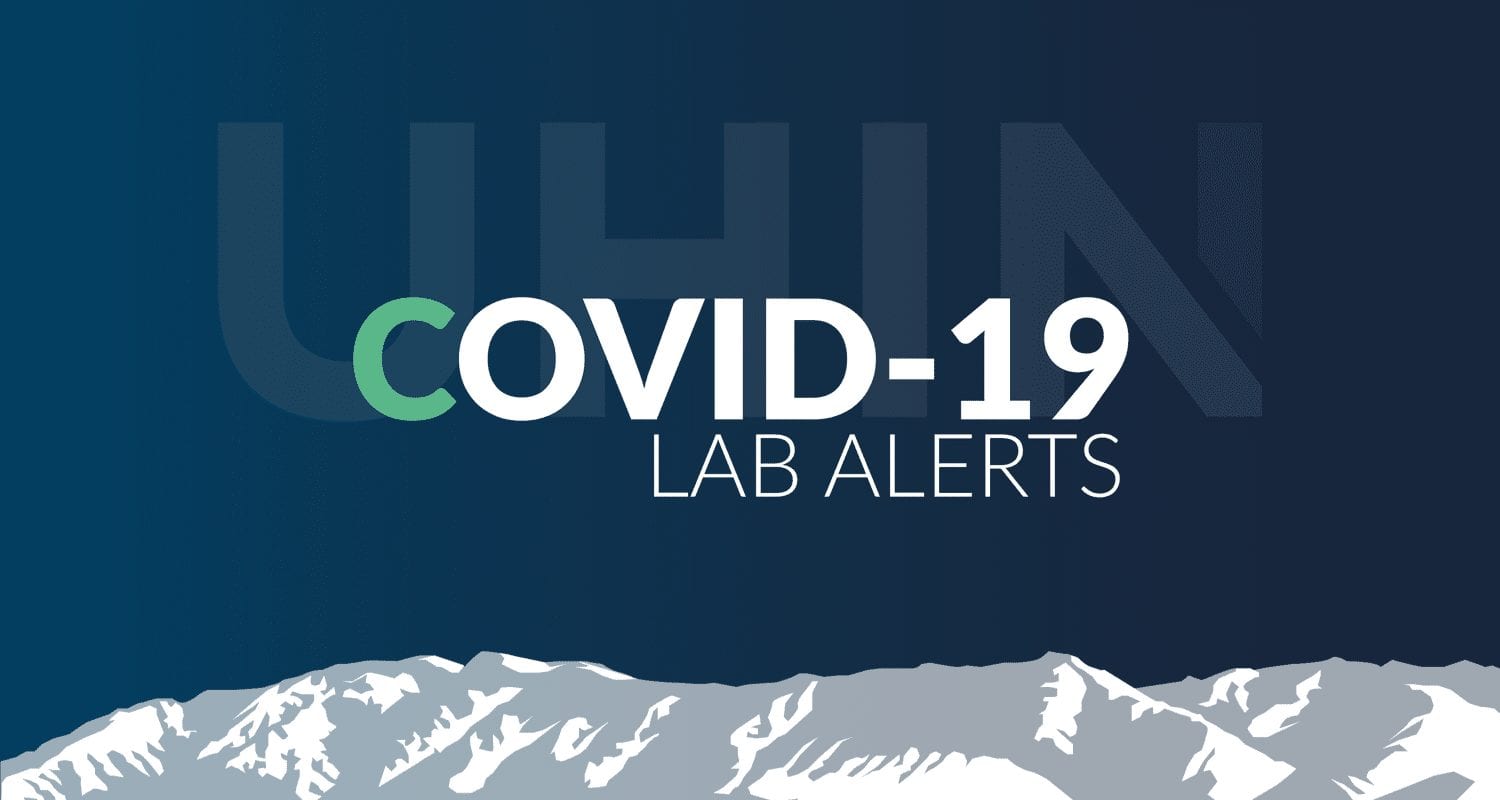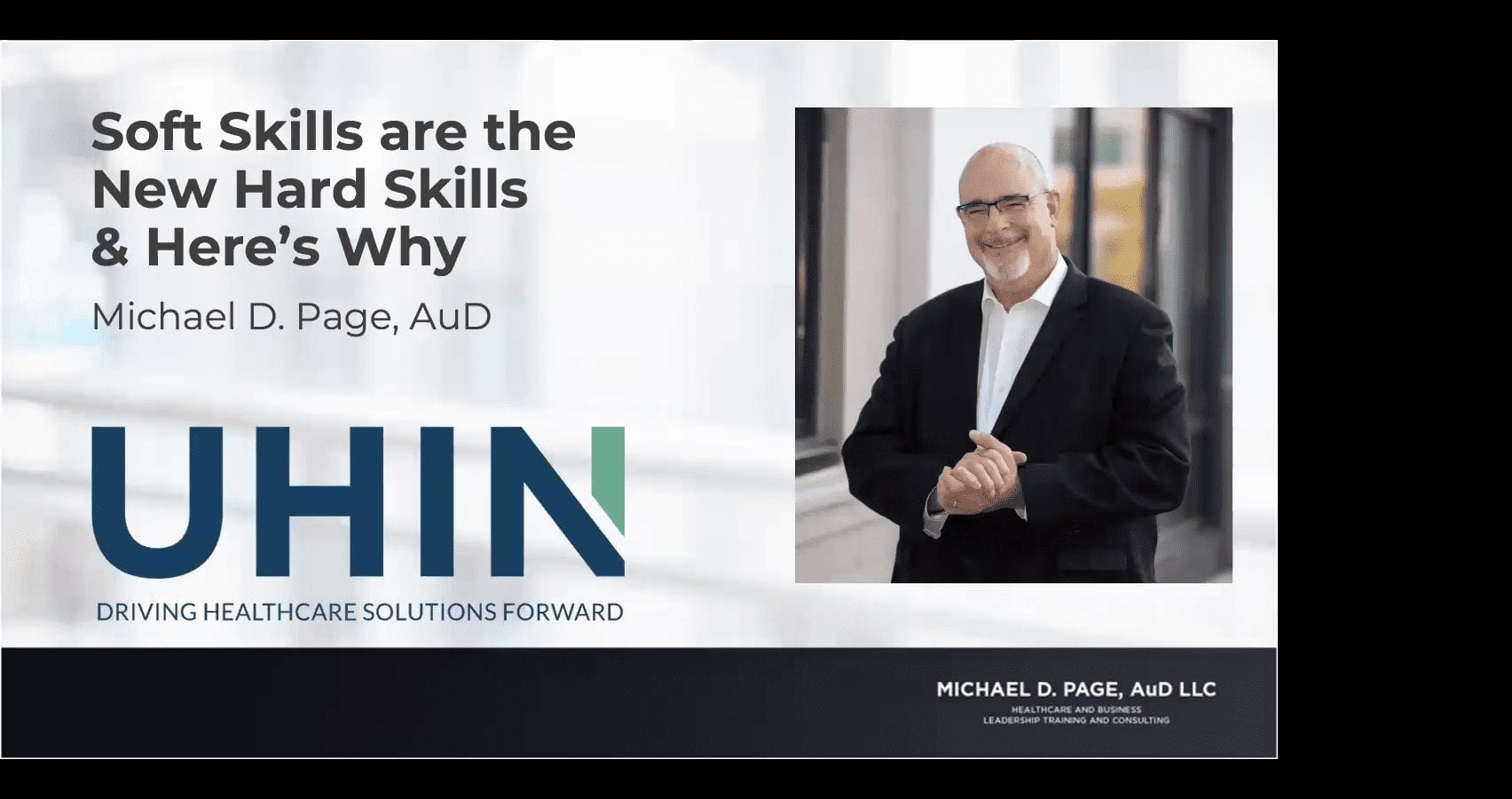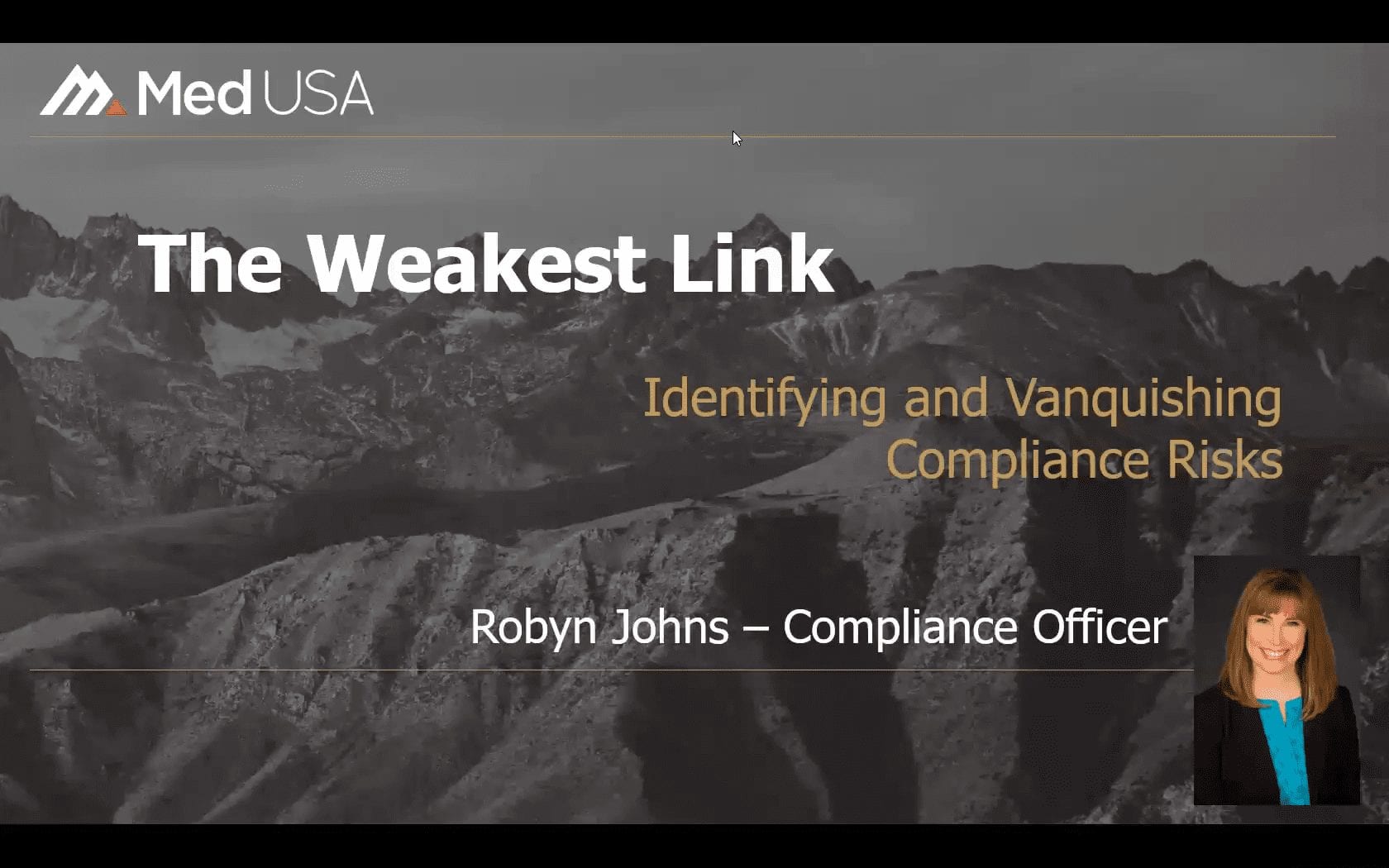Q – What are COVID-19 Lab Alerts?
A – COVID-19 Lab Alerts are real-time notifications from hospitals and labs from in and around the state of Utah that can be sent directly to healthcare providers, ACOs and care managers. These alerts allow care teams to coordinate interventions more effectively for their patients, especially those in greater need of physician oversight. Care teams will also be able to see all observations and lab results that are part of a SARS-CoV-2 test order. Additionally, SARS-CoV-2 IgG/IgM Antibody tests are available in the data feeds and will be sent in the lab reports.
These lab alerts are being made available through UHIN’s Clinical Health Information Exchange (CHIE) and is part of the CHIE Alerts platform.
Q – What are CHIE Alerts?
A – The CHIE Alerts system sends you secure notifications when your patients are admitted to, or discharged from, a hospital or emergency department, helping you to offer prompt post-acute care. When your patients have been hospitalized, they need timely follow-up care to lessen their risk of readmission or complications. CHIE Alerts supports you in offering transitional care management services, which may lead to higher reimbursements from Medicare and some commercial payers.
Q – Is there a difference between CHIE Alerts and Lab Results Alerts?
A – Yes, although they both send you a secure notification on your patients, Lab Results Alerts are specific to COVID-19 testing. CHIE Alerts are specific to admit, discharge or transfers from a hospital, emergency department, or post-acute care setting.
There are distinct differences in the format of Lab Alerts messages. If your organization is currently processing CHIE Alerts automatically through your own system, contact our team at apace@uhin.org to ensure that the new format will not disrupt your current processes.
Q – Who can receive Alerts?
A – Physicians, nurses, case managers, and other associated care team members who have a care relationship with a patient can be notified about changes in that patient’s health status through Alerts. This includes both CHIE Alerts (ADT notifications) and Lab Results Alerts.
Q – Can I have both?
A – Yes.
Are you already receiving CHIE Alerts?
Yes – Send an email to apace@uhin.org requesting to enable Alerts for Lab results. **Make sure to include your facility name
No – Send an email to enrollment@uhin.org requesting to begin receiving CHIE Alerts and/or Lab Result Alerts.
Q – How are Alerts sent to me?
A – CHIE Alerts and Lab Result Alerts can be delivered via HTML, HL7, SFTP, or Direct secure email. These can be delivered real-time or in a scheduled batch.
Q – How do you know who my patients are?
A – If you are currently a data source to the CHIE, you are already telling us who your patients are by sending us an ADT when your patient presents to be seen. If you are not sending information to the CHIE, you would have to provide us a listing/panel of your patients.
Q – How quickly could I begin receiving Lab Result Alerts?
A – If you are already receiving CHIE Alerts, you could begin receiving the Lab Result Alerts as soon as 24 hours after notifying apace@uhin.org.
If you are signing up for CHIE Alerts for the first time, the process includes contacting UHIN’s Enrollment Team (enrollment@uhin.org). Once the appropriate paperwork is completed, you will work with UHIN’s team to provide the list of your patients and determine the delivery route. Due to the time-sensitive nature of COVID-19 lab results, our teams have made this a high priority and will work with you to accelerate the process as much as possible.
Q – Who is UHIN and what is the CHIE?
A – Uniquely, UHIN is a nonprofit organization founded in 1993. We work to create a more connected healthcare system that drives innovation, collaboration, and inclusiveness. UHIN is a community convener, bringing together disparate healthcare provider, payers, the state government. We provide clearinghouse services to providers, payers and state government, while also serving as the Utah state-designated health information exchange, known as the CHIE. The CHIE provides a patient-centric longitudinal record amongst disparate providers and healthcare facilities. For more information, please go to our website at https://uhin.org/
Q – Is there a cost for this?
A – Free for current CHIE Members: Lab Result Alerts are covered under CHIE membership costs. If your organization is already a CHIE member there will be no additional cost.
Free for 60 days for new CHIE Members (ending June 30, 2020): CHIE Alerts and Lab Result Alerts will be available at no cost to those physicians and care teams who are not currently CHIE members.
Why is it free for only 60 days? We are optimistic that the situation will stabilize in the next 60 days, at which time we will re-evaluate to determine the needs of the community based on the severity of the COVID-19 crisis.
What if I want to continue receiving Alerts after the 60 days? Please contact us at enrollment@uhin.org if you would like to continue to receive either the CHIE Alerts (ADT) or Lab Result Alerts.
· The CHIE Alerts system sends your team secure notifications when your patients are admitted to, or discharged from, a hospital or emergency department, so you can coordinate care more effectively.
· Alerts subscribers are notified of important patient events for real-time care coordination.
· When your patients have been hospitalized, they need timely follow-up care to lessen their risk of readmission or complications.
· You can receive CHIE Alerts in real time or choose custom delivery times.
Q – Which labs are sending results data to UHIN?
A – Below is the list of hospitals, clinics and other organizations currently sending COVID-19 lab results to UHIN. If your organization is not on the list, but would like to help our community by sending your COVID-19 data, please reach out to our team at apace@uhin.org.
Independent hospitals, clinics and medical centers, including:
Beaver Valley Hospital
Blue Mountain Hospital
Central Valley Medical Center
Gunnison Valley Hospital
Kane County Hospital
Memorial Hospital of Sweetwater County
Milford Valley Healthcare Services
Moab Regional Hospital
St. Mark’s Family Medicine
Uinta Basin Medical Center
Intermountain Healthcare hospitals, clinics and medical centers, including:
Alta View Hospital
American Fork Hospital
Bear River Valley Hospital
Cassia Regional Hospital
Cedar City Hospital
Delta Community Hospital
Dixie Regional Medical Center
Fillmore Community Hospital
Garfield Memorial Hospital
Heber Valley Hospital
Intermountain Medical Center
Layton Hospital
LDS Hospital
Logan Regional Hospital
McKay-Dee Hospital
Orem Community Hospital
Park City Hospital
Primary Children’s Hospital
Riverton Hospital
Sanpete Valley Hospital
Sevier Valley Hospital
Utah Valley Hospital
HCA Healthcare hospitals, clinics and medical centers, including:
Brigham City Community Hospital
Cache Valley Hospital
Lakeview Hospital
Lone Peak Hospital
Mountain View Hospital
Ogden Regional Medical Center
St. Mark’s Hospital
Timpanogos Regional Hospital
Revere Health Clinics (includes all clinics)
Steward Healthcare hospitals and medical centers, including:
Davis Hospital and Medical Center
Jordan Valley Medical Center
Jordan Valley Medical Center West
Mountain Point Medical Center
Salt Lake Regional Medical Center
University of Utah hospitals and clinics, including:
Huntsman Cancer Institute
University of Utah Hospital
University of Utah In-Car Testing Sites
Includes all clinics
Click below to download a PDF of the FAQs:




